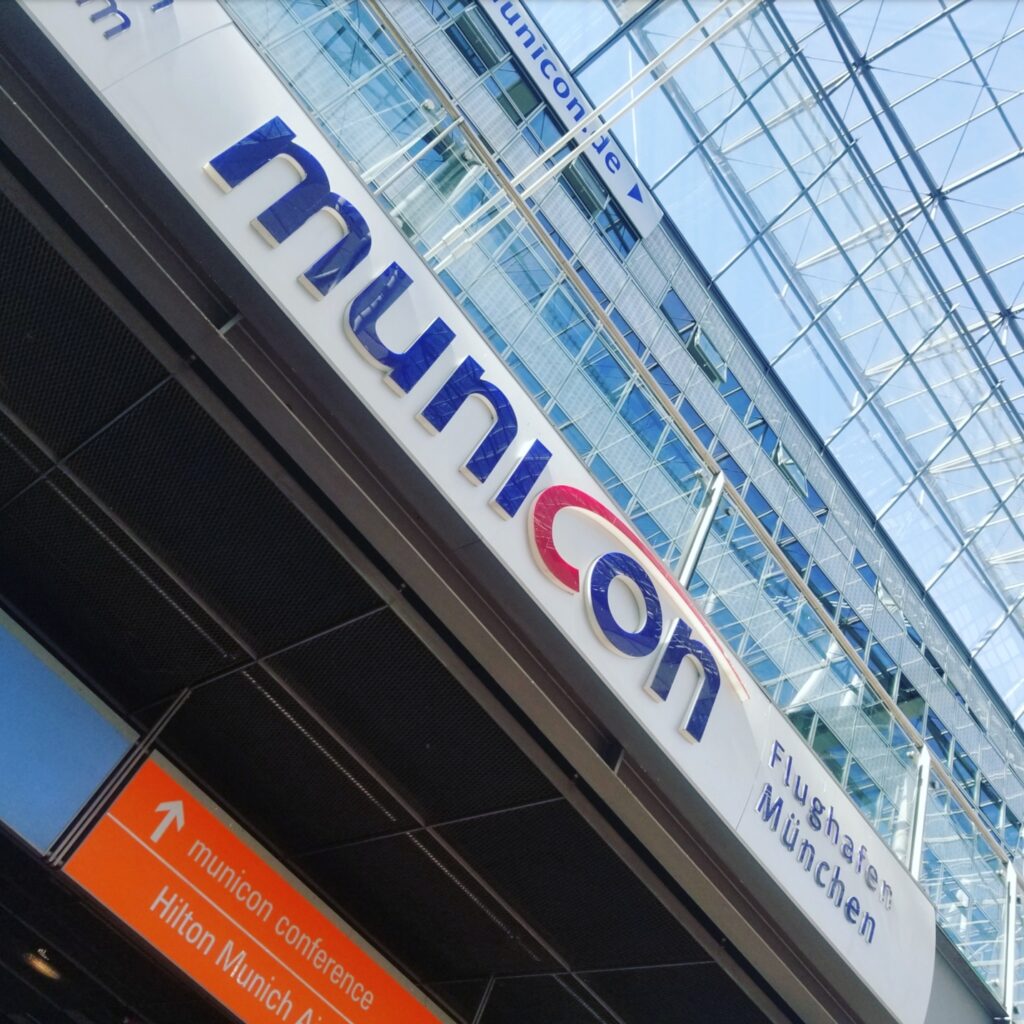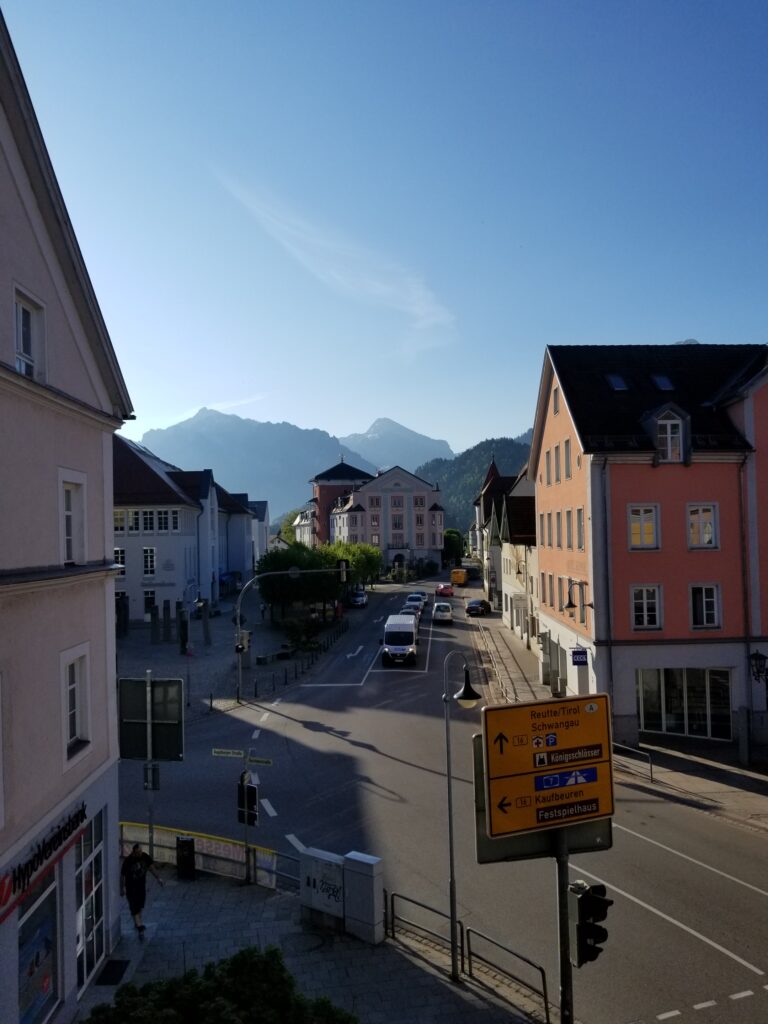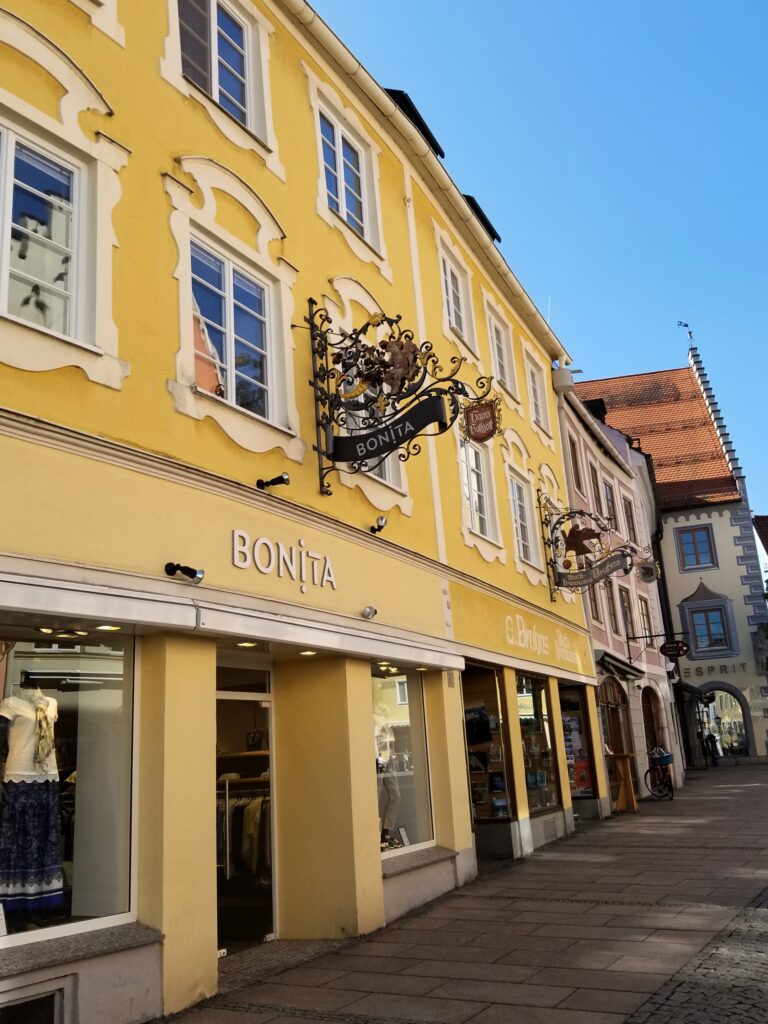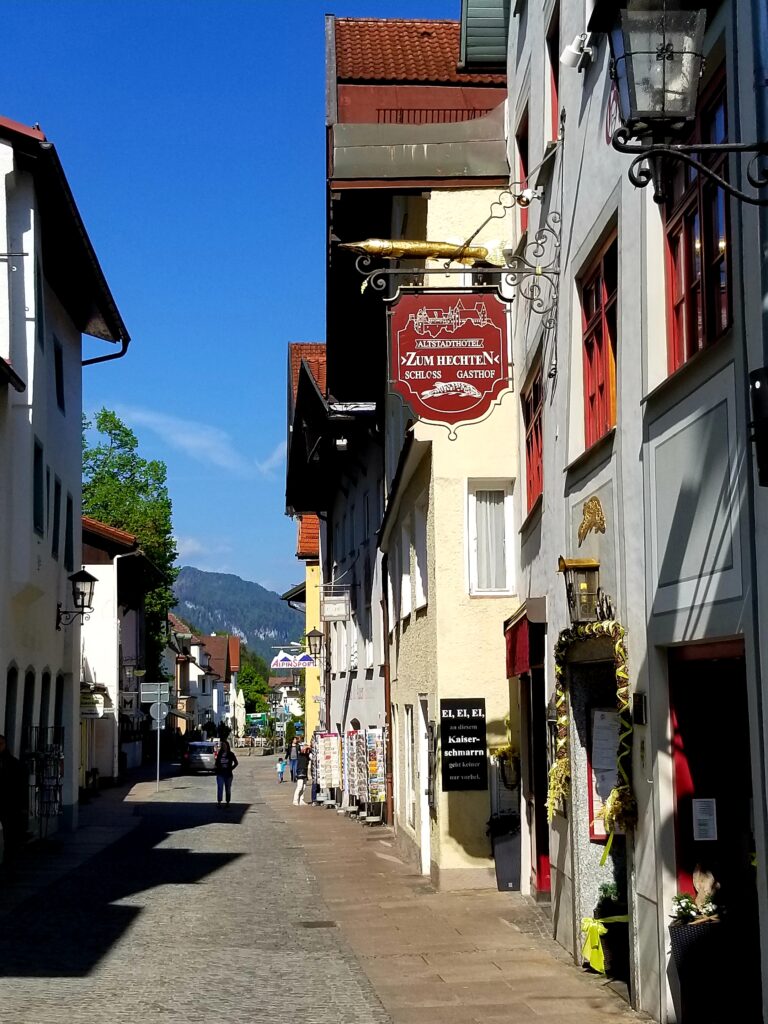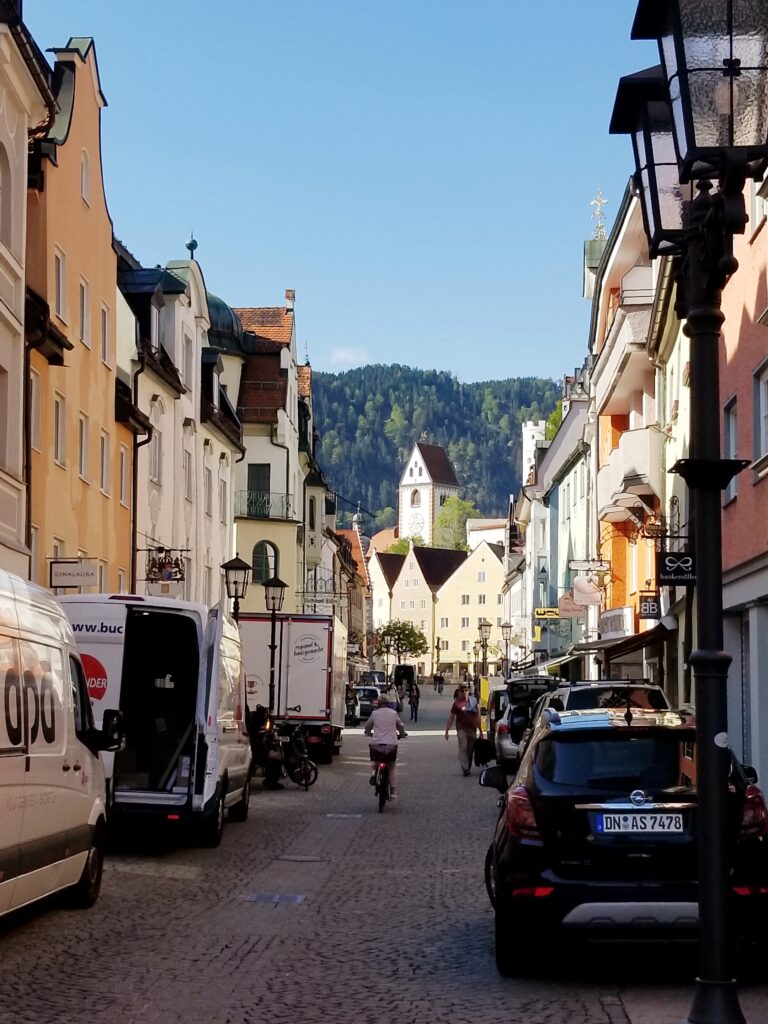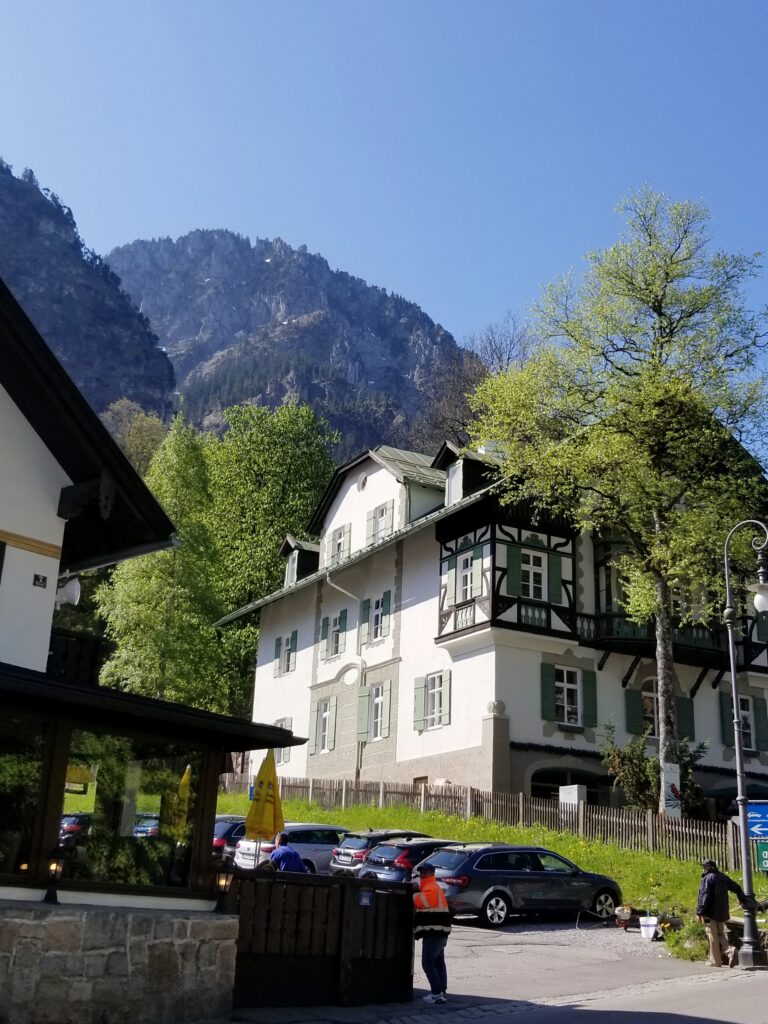Maybe it was learning about the Holocaust in school. Maybe it was watching the Berlin Wall coming down on the news. Maybe it was hearing stories of my German Great-Grandmother and how mean she could be… I don’t know, but the fact is I was a little trepidatious about venturing to Germany.
Everything I had ever derived about Germany and the people was that it’s a controlled and calculating place; churning forth the best engineers in the world and, even decades after Hitler’s atrocities, reminding us that intolerance and segregation where deeply rooted in the country. Even the language seems harsh. Vowels and constants alike are mashed together and sent with force from the back of the throat. Germany was the birthplace of the word fuck. In the US that’s one of, if not the most, offensive words ever created, but in Germany it’s so common that you’ll hear it spat out by a man at the front of the line to the Biergarten when the server hands him a pint and a wave of the golden liquid sloshes over the side. You’ll hear it unexpectedly, but discernably, over the radio in many songs. You’ll hear it when the lady at the front desk sees your husband driving the wrong way down the side street of the hotel you’re checking into. Opps! I loved it; fuck is my favorite sentence enhancer. Want to blend in? Don’t react to it’s use, maybe even say it yourself. Most Americans are easy to spot in Germany, just look for the red faces around you when you hear it. Anyway, despite all of what I imagined it to be, Germany would not be avoided as there was only one place that was a requirement for me to see in Europe and that was the “Cinderella Castle”, but that experience deserves it’s very own post.
Nate, however, was quite excited to go to Germany. Being the kind of human who is thrilled by the dangerous combination of machine and speed, he was drawn to the mythical autobahn like a moth to a flame. Even I had heard the legend of Germany’s road without speed limits. I had always thought it was a specific place; a track, or a designated stretch of highway used for races similarly to that in Monte Carlo, but it turns out the autobahn is the entire roadway system in Germany. It’s no track or particular stretch of road. It’s no 8 lane super-highway. It’s not where you would see Lamborghini’s or Ferrari’s speeding past you at 200 mph, go to Italy for that. While there are no speed restrictions on much of the autobahn, it is only on the long stretches of countryside between towns and many times other vehicle traffic prevents the ability to drive as fast as you can. And Germans are practical. While they drive fast, much like their Italian counterparts, it’s rarely excessive, unlike the Italians. Their cars aren’t flashy or even very distinguishable, almost all of them in various shades of grey save for the occasional white or black. Their intent is not to escape through adrenaline and the exhilarating roar of a maxed out engine, it’s to get from one place to another with swift purpose. Calculated and controlled. Despite the diminished conditions for Nate to go as fast as he wanted, he was still able to get our unassuming Volvo crossover in excess of 200kmp, which roughly translates to about 125mph. Ultimately it was exciting, and frightening, but somehow a bit muted and still reserved, like the non-descript grey chassis surrounding us.
As we drove from Munich down to Schwangu the landscape went from fairly flat land, to rolling hills and wooded thickets to unimaginably steep and jagged mountains. Mountains justaposed sharply perpendicular to the horizon; the likes of which no picture can truly portray. As we drew closer to them, I began to find more comfort in our surroundings, and the closer we got to the Bavarian region the more everything seemed to soften. Sure, the mountains still rose up like unruly teenagers; but homes and shops in the little towns went from being uniform, dark wooden boxes to dotting the landscape with splashes of yellow, green and even pink. I could feel the atmosphere shift back to that which felt familiar, that of a sleepy little town.
We arrived late and to find that restraunts and gas stations were closed. They were old school here. No round the clock hours. Everyone home except for the few handfuls of rowdy bunches spilling out of or venturing into bars. Getting a bite to eat was out of the question at 9:00 pm but the bar was open so a drink would have to suffice. There we were served by a man named Peter (pronounced more like Peter-er but very quickly). He and his wife were natives of Poland but had moved from their home country due to crime and lack of economic opportunities. They had 2 children. Peter’s face beamed as he spoke of them. Peter was fluent in 3 languages; Polish, German and English. Although he said his English wasn’t very good and that he was happy we came in, so as to give him the opportunity to practice, I found his communication superb. We talked about Bavaria, the tourism, the legal system, the healthcare system and the costs of building a house (Peter was hoping to build a house for his family soon). We could have stayed and talked to him all night but instead we finished our drinks and went to our room so he could close up and get home to that family he lit up over. I’ll never see him again but I sure do hope he builds that house.
